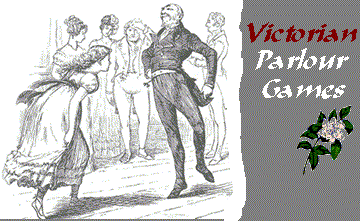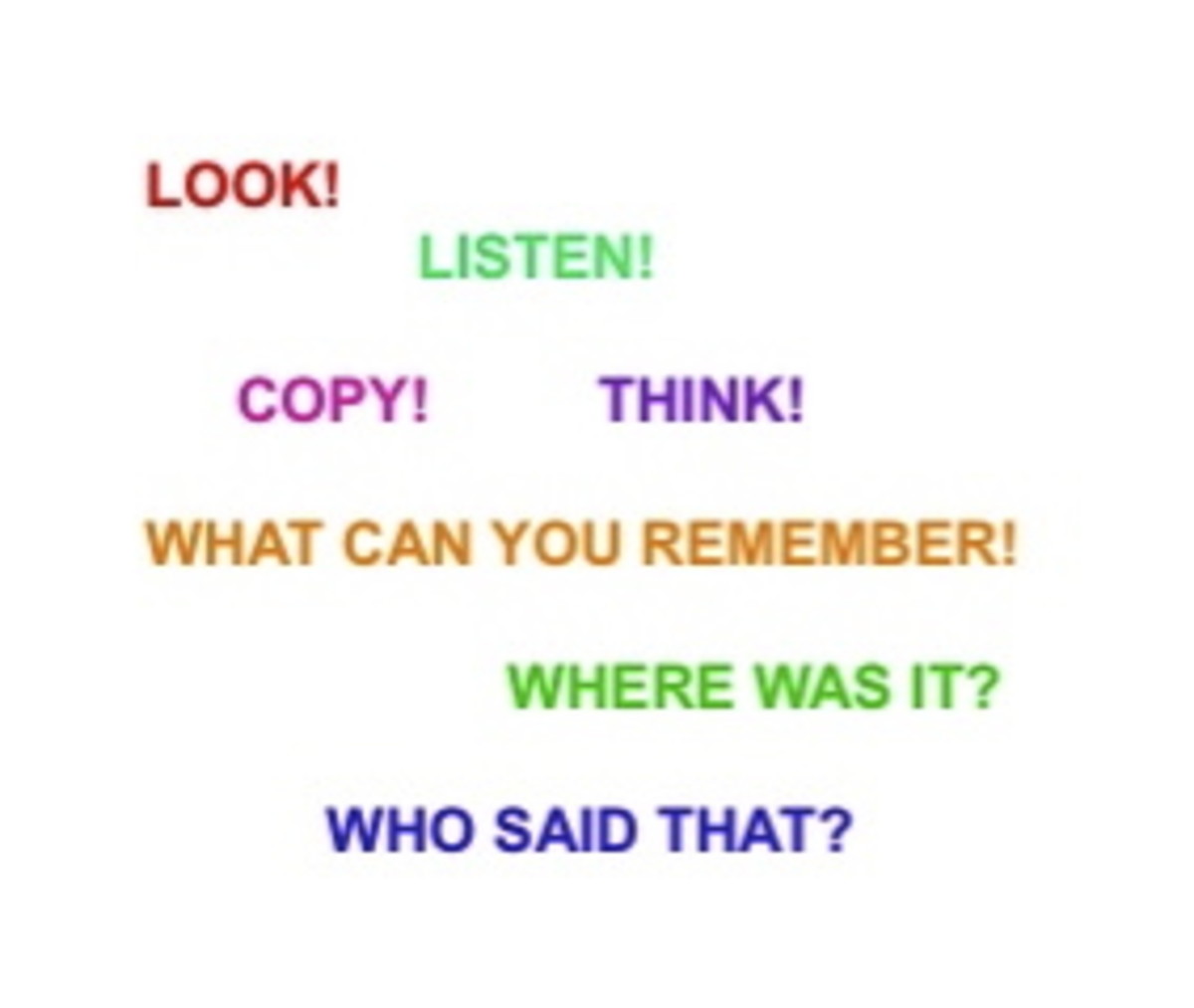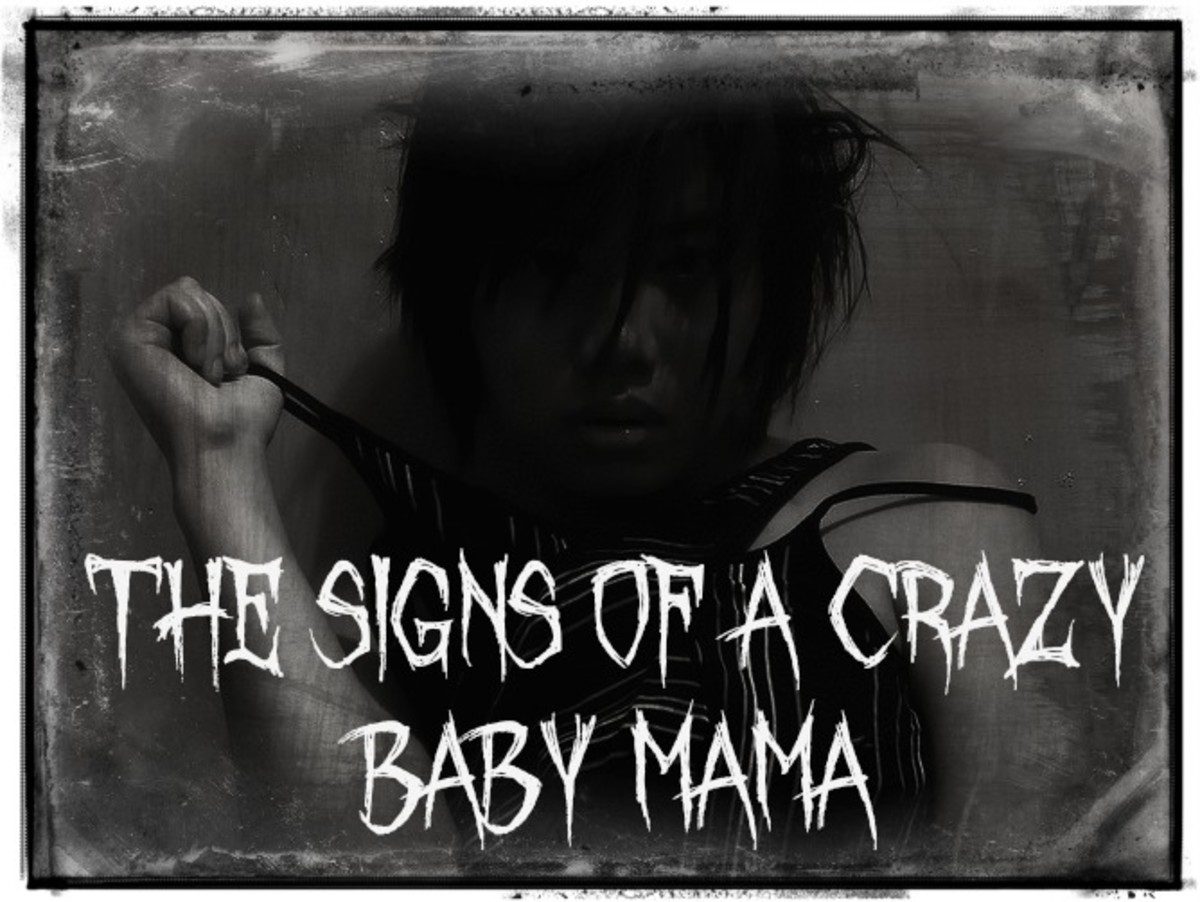Are Your Children Technical Zombies?
How many zombies do you know?
They're seen walking around, wires hanging from their ears, hunched over their cellphones and transfixed by tiny screens, texting messages to people who are sitting no more that 10 feet away.
They come home, log into Facebook or flip on the TV. Many of us fit this picture. We're all plugged in, connected, on the cutting edge. And often we're lonely, missing real 'face time' with others.
Texting

Play Together, Stay Together
Think back, if you can, to an era when people from all generations got together in evenings or on holidays, ate together, conversed, played games and had interactive fun. The Victorian era was the golden age of parlour games. B.T. (before television) board and card games played with family or friends brought a warm closeness to families, siblings and neighbors.
Not only social skills were learned, but other skills were sharpened.
Some of the games I remember playing with family were Scrabble, Monopoly, Cribbage and Checkers. In those long winter evenings, I learned Bridge and Whist from mom and dad. After chores and homework were done, I played everything from Fish to Crazy Eights to Bezique with my brother and sisters.
Every Christmas we had at least one new jigsaw puzzle to challenge us. Even now, when we get together, the board games will often come out, and we'll sit around the table for a game of scrabble, boggle, upwords, or balderdash.
As one of eight children, I recall us entertaining ourselves with outdoor games in the summer. Mother May I?, Anti-anti-eye-over, Go-go-stop were three I clearly remember from our summers. We played tag around the haystacks, hide and go seek in the barn, and horseshoes with neighbours.
In the winter we'd ski every weekend, or toboggan down the hills, sometimes on large pieces of cardboard, or on an old inner tube that bounced us down the hill.Then we'd come in for hot tea or chocolate and Mom's great 'sticky buns'.
Schedule Family Fun Time
Why not hold a multi-family game night once a month, with parents, grandparents and children invited to join? When people of all ages play together, it doesn't take long for everyone to engage and enjoy the fun.
Start with a potluck dinner, and then start the fun with one of the oldest parlour games - charades. It's a perfect starter, because it's active, quick and works well for all sizes and ages of groups. How long since you've enjoyed some of these parlour games? You may remember participating in them at birthday parties or school parties. You may just meet someone you like - like your spouse or your kids!
Here are some that have stood the test of time.

The Minister's Cat
I remember playing this in Elementary school.
All players sit in a circle. The first player describes the minister's cat with any adjective that starts with the letter "A". Example: "The minister's cat is an adorable cat." The next player must also use the letter "A" - such as "The minister's cat is an angry cat.", and so on all the way around the circle. When it comes back to the first player the letter "B' is used - example: "The minister's cat is a bashful cat." Anyone who can't come up with an adjective or repeats one that was already used is out of the game.
Consequences
Each person takes a turn choosing a word or phrase for one of the questions, in this order:
1. Man's name
2. Woman's name
3. Place name
4. He said to her…
5. She said to him
7. He gave her...
8. She gave him...
9. The consequence was… (a description of what happened after)
10. An outcome Then the story is read out loud.
It is traditionally played by writing the words on paper and folding the paper to hide the previous words before passing it to the next player. Consequences is a game for groups of 5 or more people, and is more suitable for families or children than solely adults.
Here's an example:
Scary Steven King met voluptuous Buffy the Vampire Slayer at the Zoo. He said "You are delicious", she said "Hit me baby one more time". He gave her a red rose, she gave him cholera. The consequence was that they eloped to Mexico. The world said "The femme fatale will always win".
Alphabet Minute
This one works well with small groups - 3 to 6 people.
Have everyone write a general topic of conversation down on a slip of paper, along with a letter of the alphabet. Pick a topic out of a hat.They then must start a conversation with one another regarding the topic.
The catch is that they have to begin each sentence with a letter of the alphabet, beginning with the letter written in the slip of paper. They must follow the conversation through the alphabet, ending back with letter in which they started.
Example:
Topic: Shopping
Letter: H Player 1 -
"Hey, I have to go shopping, wanna come?" Player 2 - "I'd love to, but I don't have much money" Player 3 - "Just come anyway; it'll be fun!" Player 1 - "Kim said she would meet us at the food court." Player 2 - "Last time she was twenty minutes late!" Player 3 - "Maybe she'll make it on time today."
And so on until they arrive back at H to finish.
You can either time them and cut them off at 60 seconds, or you can let them finish the alphabet and see which group finishes their topic and alphabet in the fastest amount of time.
Dictionary (Now sold as Balderdash)
We used to play this with family friends when I was growing up, long before the game 'Balderdash' came on the market.
Each person needs paper and a pen or pencil. You need at least one dictionary to play this game. Each person uses the dictionary in turn to look up a word (hopefully one unknown to most people) and writes down the real definition (in simplified form) and then makes up two or three other 'definitions'.
The word and the definitions are read to the rest of the players and each has to guess which definition they believe is the correct one. The player gets points for each person he/she fools.
The dictionary makes as many arounds as you would like, and the player with the most points at the end wins.
Here's an example: Somnambulist a. a person who practices rituals b. a person who likes to be alone c. a person who sleep walks d. a person who is solemn and serious (answer is c)
Twenty Questions
This is a spoken parlor game which encourages deductive reasoning and creativity. In the forties, there was a very popular radio quiz game based on this, which morphed into the television program of the same name in 1949.
In the traditional game, one player is chosen to be the answerer. That person chooses a subject but does not reveal this to the others.
All other players are questioners. They each take turns asking a question which can be answered with a simple "Yes" or "No." I
n variants of the game (see below), multiple state answers may be included such as the answer "Maybe." The answerer answers each question in turn.
Sample questions could be: "Is it in this room?" or "Is it bigger than a book?" Lying is not allowed, as it would ruin the game.
If a questioner guesses the correct answer, that questioner wins and becomes the answerer for the next round. If 20 questions are asked without a correct guess, then the answerer has stumped the questioners and gets to be the answerer for another round.
Reverend Crawley's Game
This is a really excellent game in which nobody gets hit but everybody wins. It provides gentle exercise, enforced intimacy, and ultimately has the effect of a conjuring trick, so there really isn't much to be said against it and everybody should give it a go.
All ages can enjoy this. You need at least seven or eight players, preferably more. You all stand in a circle and link hands - but not with the people on either side of you, and not both hands with the same person. This has the effect of turning the group into a huge human knot, and your joint task is to untie it.
You work together to step over each other, crawl under people's arms, climb through gaps, and so on - all without letting go of the hands you're holding. The outcome is truly bizarre and counter-intuitive: the knot virtually always unties into a single ring of people holding hands in a circle (or, occasionally, two interlinked rings).
The idea is just to get everyone - kids and adults - together, and have some fun. Who knows - you may just find a new way to connect.






